Freitag den 23.06. Um 17:00 h
Moderation: Johanna Röver
Game-Based Learning in Archaeological Pedagogy: Virtual Environments, Video Games and Transformative Learning in the Interactive Classroom
Vortragende(r): Dr. Michael Zimmerman
Michael Zimmerman is an archaeologist, with a PhD from the Joukowsky Institute for Archaeology and the Ancient World at Brown University, and a member of the Archaeogaming Collective, Archaeological Institute of America, American Society for Overseas Research, Northeastern Anthropological Association, Council for Northeast Historical Archaeology the Save Ancient Studies Alliance, and the Society of Historical Archaeology. He has worked extensively on archaeological surveys and excavations in public archaeology in Massachusetts, as well as in Israel, Jordan, and Georgia, where he is a co-principal investigator for the NSF-funded Shiraki International Multidisciplinary Research project. His other work and research interests include archaeogaming and virtual technology in pedagogical contexts, antiquities trafficking, cultural heritage law and public policy, and collections-based research.
Game-based learning (GBL) and gamification are commonly considered effective tools for student engagement in the higher education classroom by providing elements of gameplay: rules, rewards, punishments, competition, and narrative. However, GBL and gamification also have a role to play beyond simple engagement, and can create elements of transformative pedagogy, which “empowers students to examine critically their beliefs, values, assumptions, prior knowledge and critical discourse with the goal of developing a reflective knowledge base, a value for multiple perspectives” (Okpukodu 2009: 47). In my contribution to this webinar, I will explore how game-based learning and gamification transform student learning in archaeology, focusing on virtual and augmented reality environments, video games, board games, and RPGs their use in the archaeology classroom; and their effectiveness as transformative teaching tools.
Archaeogaming in Action!
Vortragende(r): Christopher Galantich, MRes
Chris Galantich got his BA in Archaeology from Boston University in 2013 and his MRes in Archaeology from the University of Glasgow in 2015. Currently he works for multiple firms as a CRM (Cultural Resource Management) archaeologist in the US, where he specializes in the use of tablets and mapping/data collection softwares largely for energy sector compliance reporting. Going by the name RuneMeisterKris online, he has been creating Archaeogaming content since August 2020 in the form of livestreams on Twitch, videos on YouTube, and short-form content on TikTok.
Archaeogaming provides a unique opportunity for archaeologists to connect with folks over a mutually understandable common ground. Be it video games, Tabletop RPGs, board games, or any other forms of pop culture, finding a fun way to educate is the most productive means of reaching unconventional audiences. But what does this process look like, and how can you utilize these digital tools to centralize or support your research within academic, professional, educational, or hobbyist circles?
Who Doesn’t Love a New Feature? The intersection of Archaeology and Video Games
Vortragende(r): Dr. Megan Rhodes Victor
Dr. Megan Rhodes Victor is currently an Assistant Professor in the Department of Anthropology at Queens College, CUNY (New York, NY). They got their BA from the University of Michigan (Ann Arbor, MI), MA and PhD from William & Mary (Williamsburg, VA) and did a postdoc at Stanford University (Stanford, CA). Their main research areas are commensality, drinking spaces, trade and exchange, digital archaeology, and archaeogaming.
Archaeogaming is defined as the intersection of archaeology and ludology – the study of games. Most often, this is explored through an examination of video games. This talk will examine the basic principles behind archaeogaming and how research into this subfield can help us better understand the field of archaeology, human culture, and our perceptions of the past before transitioning into a case study of one game with very practical pedagogical applications.
Im Anschluss an die Vorträge wird es ausreichend Möglichkeiten zur Diskussion geben.

